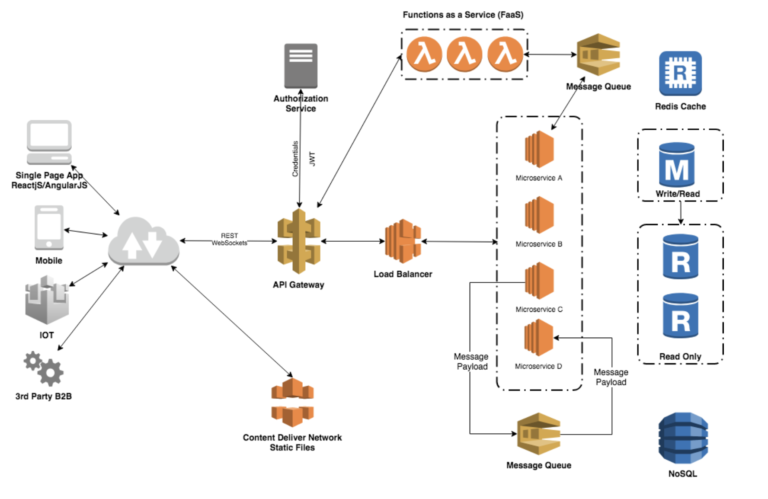6 Essential Skills Every Junior Data Analyst Should Have
The world of data analytics is part science, part art, and all about the numbers. If you’re considering a career as a junior data analyst, or you’ve just started in the field, there are crucial skills you’ll need to hone. That way, you can maximize your potential and stand out among your peers.
In this discussion, we’ll explore the six essential skills every junior data analyst should have, and how you can develop them to become a successful practitioner in this rapidly growing field.
Read on!
1. Data Analysis and Visualization
Data analysis is the foundation of any data-related role, where the primary focus is to extract meaningful insights and patterns from raw data. As a junior data analyst, you should possess a strong grasp of techniques used in data analysis such as:
- statistical methods
- machine learning algorithms
- database management
- database querying
To develop such a skill, one must have a strong foundation in mathematics and statistics. If you enroll in this data analytics course, you’ll understand the fundamentals of data analysis and its applications.
2. Critical Thinking and Problem-Solving
Data analytics is all about solving problems and making decisions based on data. As a junior data analyst, you should have a curious mind and the ability to think critically to solve complex business issues using data-driven insights.
This involves asking the right questions, identifying patterns, and creating solutions that add value to the organization. To develop this skill, it’s essential to actively seek out new challenges and practice problem-solving techniques regularly.
3. Programming and Data Manipulation
Being proficient in programming languages such as Python, R, SQL or Java is crucial for any data analyst. These languages are commonly used in the industry to extract and manipulate large datasets.
As a junior data analyst, it’s essential to be comfortable with coding to clean, transform, and analyze data efficiently. Furthermore, having a strong understanding of common data manipulation techniques like joining and aggregating datasets is essential.
4. Domain Knowledge
Having a strong understanding of the industry or field you’re working in is crucial for a data analyst. This knowledge allows you to better understand the data and make informed decisions.
As a junior data analyst, it’s essential to continuously expand your domain knowledge and stay updated with current trends and developments. This will not only make you a valuable asset to the organization. It will also help you in providing meaningful insights that can drive business growth.
5. Attention to Detail and Accuracy
Data analysis requires a high level of accuracy and attention to detail. As a junior data analyst, you should be able to spot errors or inconsistencies in the data and have the patience to go through it thoroughly. One small mistake in data cleaning or analysis can lead to incorrect insights and decisions.
6. Communication and Collaboration
Data analytics is a team effort, and as a junior data analyst, you’ll need to communicate your findings effectively to stakeholders. This involves presenting complex data in an understandable format and collaborating with team members from different backgrounds. Strong communication skills are essential for building relationships, gaining insights from others, and delivering impactful results.
Know the Skills Every Junior Data Analyst Should Have
A junior data analyst needs to possess a diverse set of skills to excel in this field. From technical expertise in data manipulation and analysis to soft skills like critical thinking and communication, each skill plays a crucial role in an analyst’s success.
By continuously developing these essential skills, one can become a proficient and sought-after data analyst in today’s competitive job market.
If you want to read more topics, visit our blog.







